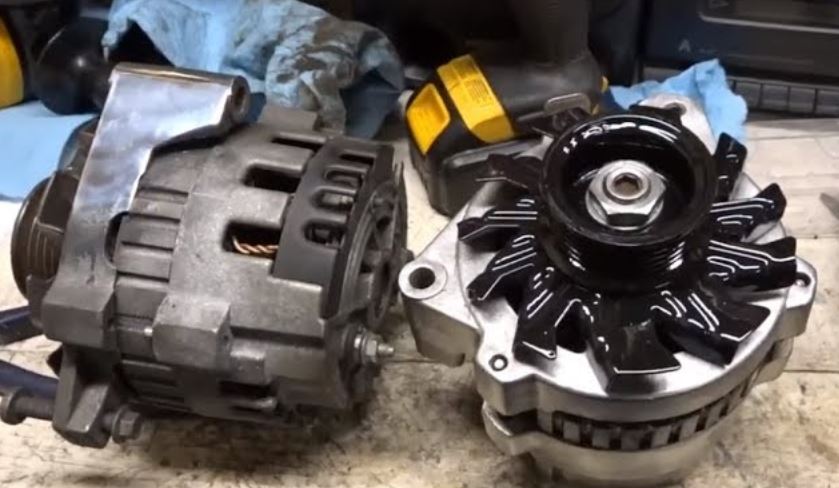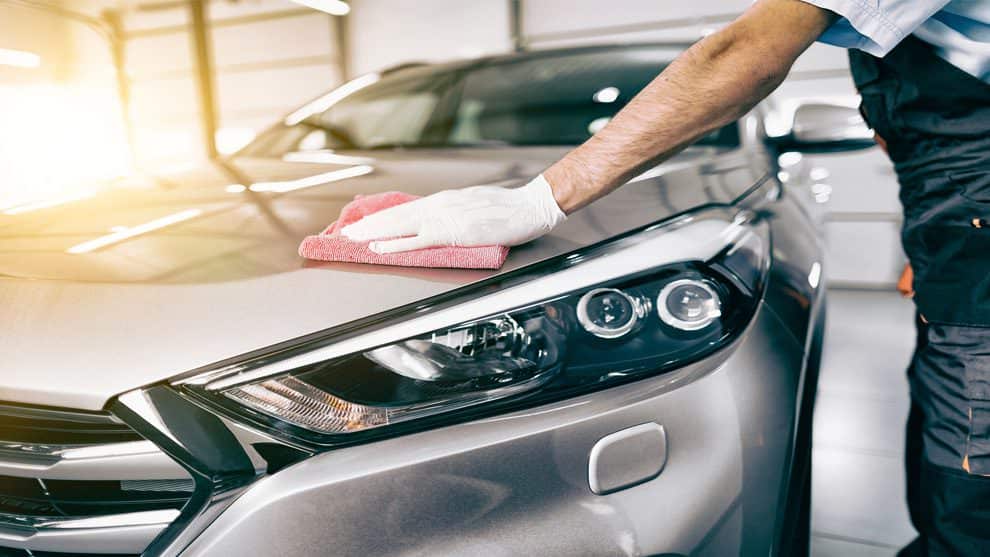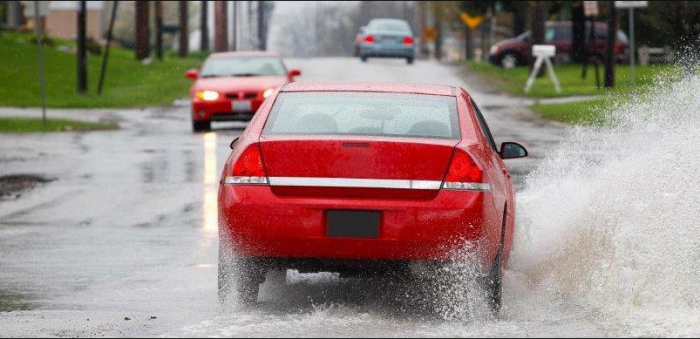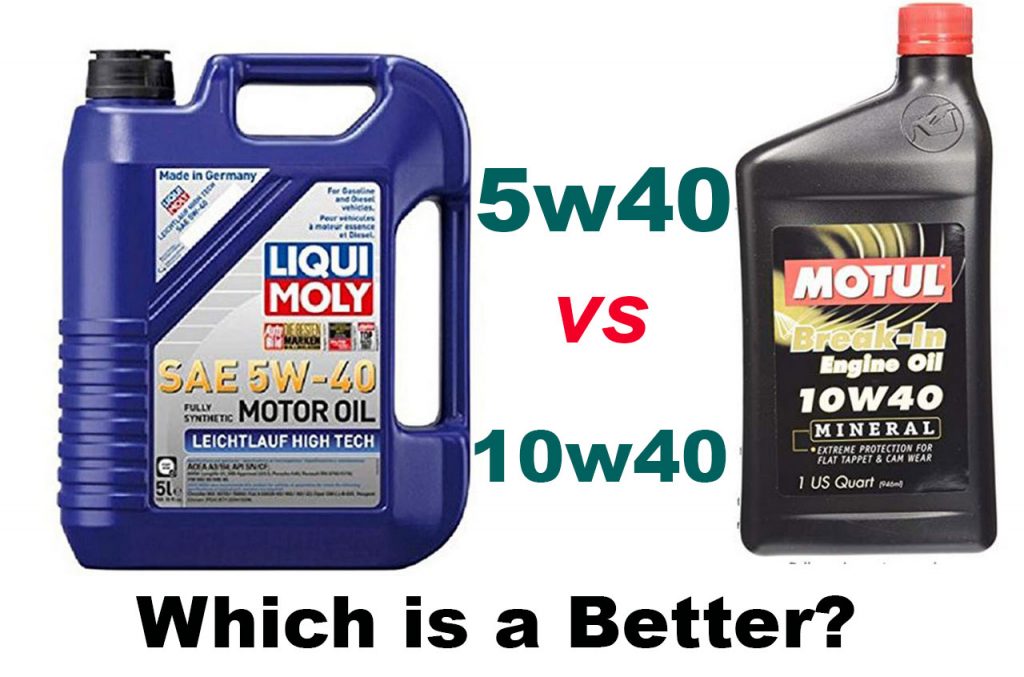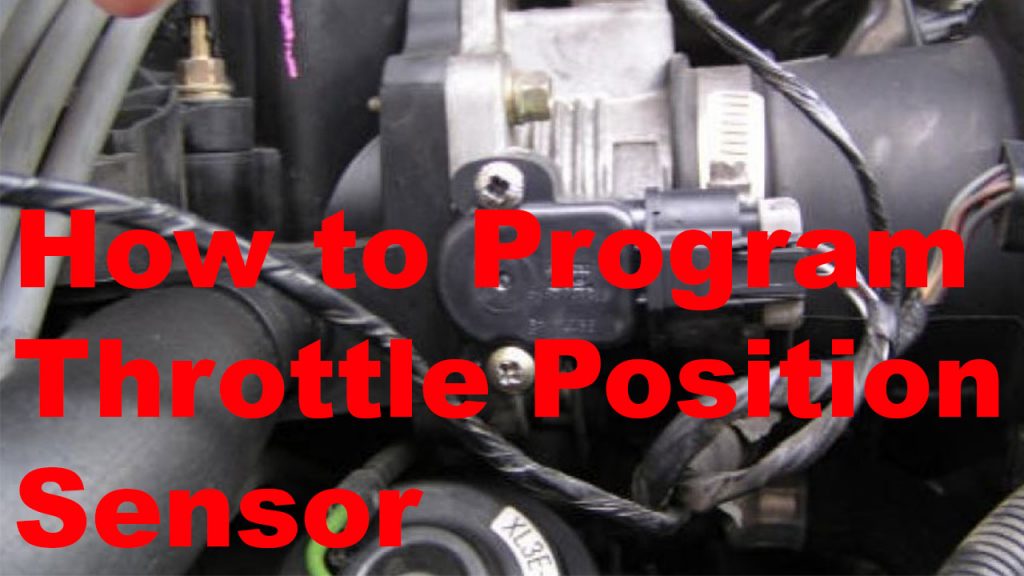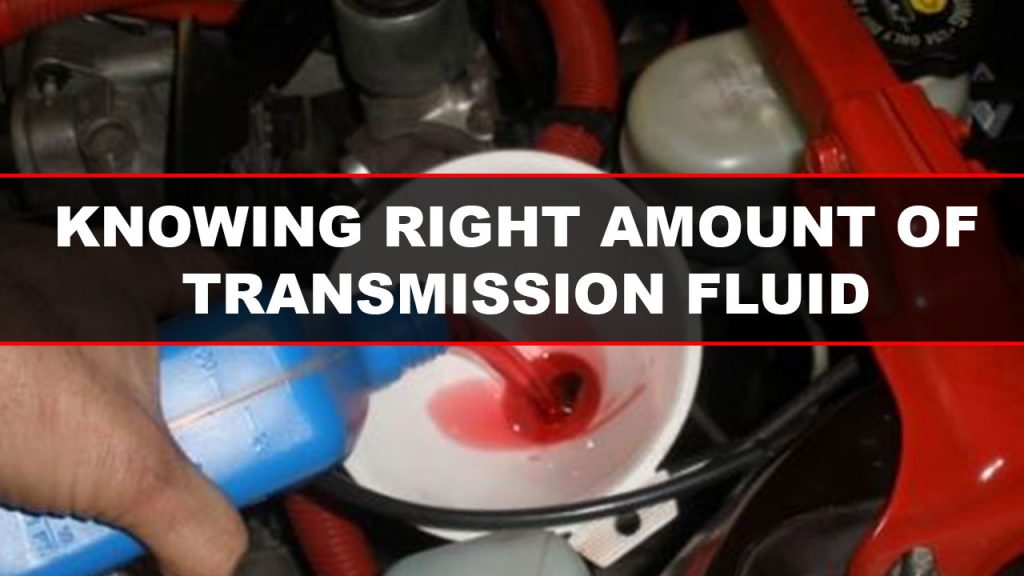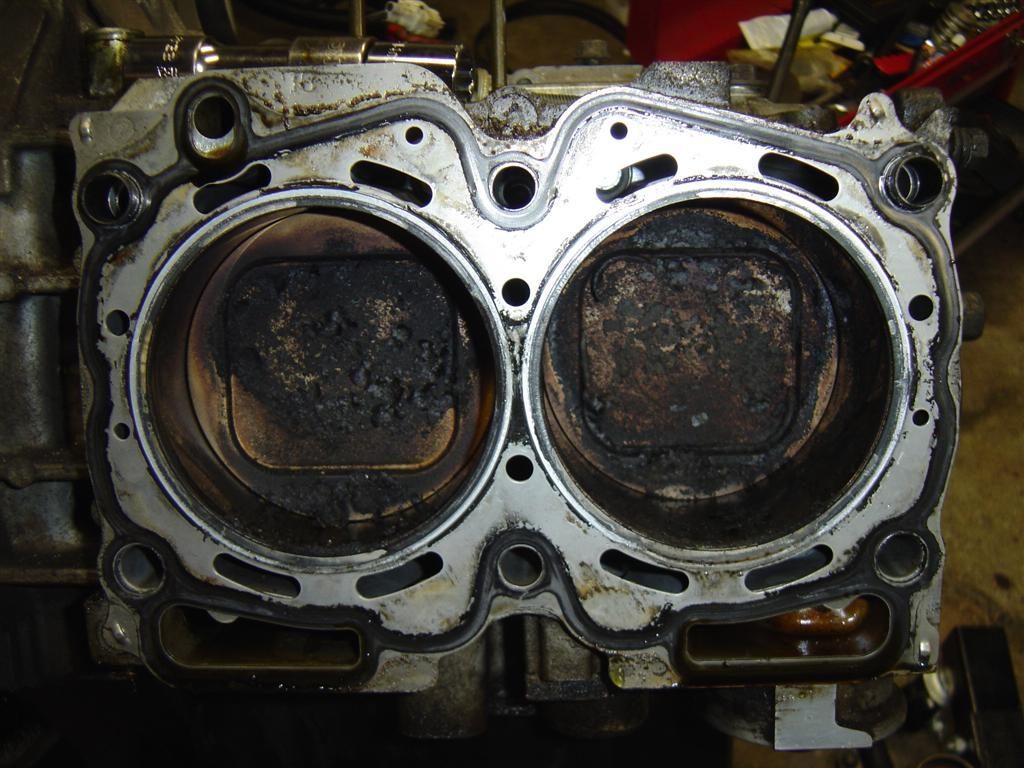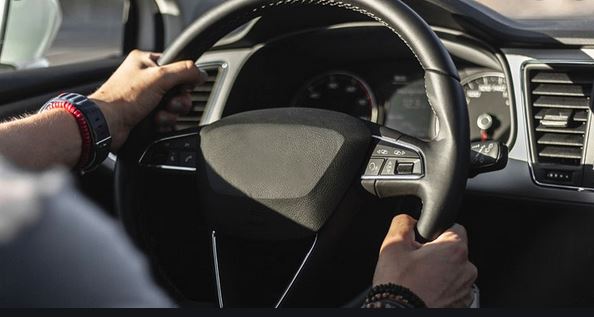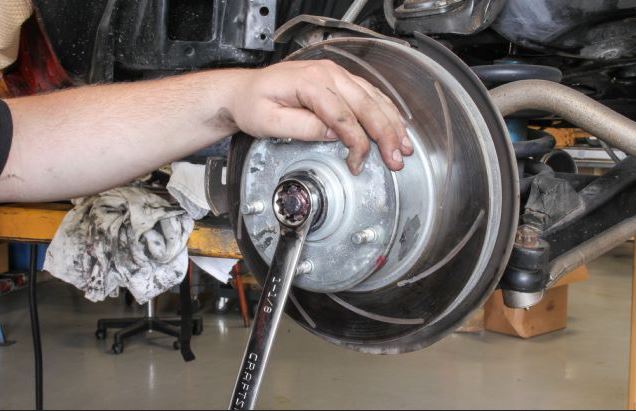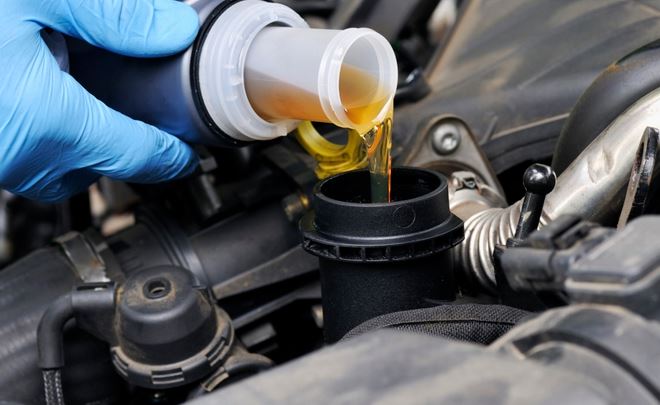Last updated on July 13th, 2023 at 05:06 pm
If you are wondering what kills an alternator or what can damage an alternator? Maybe you are thinking what causes alternator diodes to fail?. Then in this article on guide on how to clean alternator, we will cover all the about alternator. Such as how to clean alternator windings, what causes transmission problems after alternator replacement, can a bad alternator cause transmission problems and how to clean the alternator without removing it, and many more. Just feel free to skip to the part you are more interested in using the table of content.
The alternator is one of the utmost parts that make your car or vehicle move. It is small in size but mighty in power as it makes your car move and supplies electric power to charge your car battery and other components with the help of a diode.
The electric components alternator supply current to include headlight, horn, wiper, audiotape, etc. This guide will explain why you need to always maintain your car alternator by cleaning and preventing it from damages and explaining steps to clean it.
Read this too: How to Test the Alternator with a Voltmeter, Screwdriver & Multimeter.
What is an alternator?
An alternator is an electrical generator that converts mechanical energy to electrical energy in alternating current (AC). For example, the diode converts to dc and power the electronic equipment in a car. The alternator’s shaft is forced to rotate; this rotation generates electricity.
With this knowledge let’s look at what can damage an alternator or what kills an alternator?
What kills an alternator?
The alternator is purposely designed to convert mechanical energy to electrical energy, which is Alternating Current(AC), and inform of Direct Current (DC) distributed to the electrical equipment in the car. Although other things kill alternators in this section, I will explain two significant things that can kill or damage your car alternator:
What can damage an alternator
The three main things that can damage an alternator: a dead battery, dirt or clogs, and lastly, if parked too long in the water.
- Dead battery: when you have a dead battery on your car, it will damage your alternator. When your battery is dead, the alternator will automatically detect, and it will use a higher amperage in other to send more charge into the battery; if the battery can’t hold the current, the alternator will become hot, and it could lead to premature failure which could kill the internal components of the alternator.
- Dirt: When an alternator’s part is full of thick dust that prevents heat from blowing out, the alternator will overheat. This can lead to a situation whereby the components in the alternator will destroy.
- Water: The way car alternators are designed can touch the water but must not stay long. So please do not park your car in a place full of water. Else it will damage your car’s alternator.
What causes alternator diodes to fail
Alternator diodes fail because of overloading, overheating, and poor connection between the battery and the alternator output terminals.
Suppose the connection between the battery and alternator is not correctly connected. In that case, the diode can damage, which is likely to happen when the current to flow into the battery finds an alternate route to flow out towards the battery, leading to overheating.
Keynote
Diode overheating also occurs when an alternator is used to charge an undercharged battery to a fully charged battery. In addition to this, changing your car’s battery when the engine is running is one of the major things that damage the diode.
When you disconnect cables from the battery while the car is running, the current will seek out another route to flow, making the diode overheat and fail.
Step by step guide on how to clean alternator
To perfectly clean an alternator without disruption, there are certain things you must prepare.
Firstly, open the bonnet of your car and go straight to your car battery, disconnect the cables connected to it to avoid shock then detach the alternator. After this, you can follow the step explained below to clean your alternator:
- Step one: Degreaser the very first thing you need to provide to clean your car alternator is a degreaser. It is used to clean the oily dirt on the part of the alternator.
- Step two: Since the degreaser is available, mix it equally with the water and apply it gently on the alternator. When washing the alternator, don’t flood it with too much water as it may affect it.
- Step three: Brush the part the brush is used to scrub the part of the alternator and get rid of the dirt on it. Note when cleaning the alternator, scrub the greasy and oily part gently to prevent it from damage.
- Step four: CRCafter washing the alternator with water and degreaser, you can now spray it with CRC electric cleaner to prevent the electric leads from rusting.
Is it safe to wash the alternator?
Yes! Washing your car alternator is 100% safe because it boosts the alternator’s performance. However, when washing it, make sure you scrub it gently, don’t pressure wash it, as this may damage the seal. After washing it, make sure the alternator dries well before installing it back to its bay after washing. Related is it safe to drive with a failing alternator
How to clean alternator without removing
Suppose you want to clean your car alternator without removing it. In that case, all you have to do is get a bristle brush, a degreaser, and a brush to scrub and get rid of the oily and grease on the exterior of the alternator; after this, use CRC or a similar product to spray and prevent it from rusting.
Can a bad alternator cause transmission problems?
A bad alternator cannot damage the transmission, but if the voltage drops low enough (around 10.5 volts), the computers will malfunction, and the transmission may not shift properly.
How does the alternator affect the transmission?
Alternators affect the transmission when your car’s alternator is faulty and the battery is drained; the effect may not shift the transmission gear correctly. This can cause other drive symptoms like stalling, rough shifts, and surges.
What causes transmission problems after alternator replacement
A dead battery is one of the major factors that cause transmission problems after an alternator is replaced. So as a technician or a driver, if you discover your car has an issue similar to this after replacing the alternator, kindly check the battery if the cable is placed on the battery connector. If it’s properly connected to the battery and not working, consider recharging it or getting a new one.
How to clean alternator windings
When you want to clean your car alternator winding, there is some cleaning equipment you need to provide to make it look new:
- Disassemble: to clean the alternator winding, you have to dispatch it from the bay of your car, then you can disassemble it. After disassembling it, then you can apply the process explained in the next step.
- Degreaser and water: after opening your alternator, mix degreaser with water. The purpose of using a degreaser is to get rid of the grease and oil on its parts.
- Brush: scrub the part of the alternator gently using the prepared degreaser and water.
- Portable heater or drying system:
- CRC Electronic cleaner: spray the part of the alternator with CRC or any similar product to prevent it from rusting.
- Fixed: after following the steps listed above, kindly wait for some minutes, assemble the alternator and install it.
Can I clean my car alternator with brake fluid?
Yes. You can clean your car alternator with brake fluid. It is good, but you must follow the same procedure as using a degreaser and water when using it.
When cleaning your car alternator with brake fluid, do not spray the brake fluid directly into the ventilation system, and then while cleaning, makes sure to clean your alternator gently.
Frequently Asked Questions (FAQs)
Can a weak battery cause transmission problems?
When your car has a bad or weak battery, it will make the transmission enter fail-safe mode. The transmission problems occur when the battery is weak because the transmission is operated through a computer system powered by the battery.
Can a weak alternator cause poor engine performance?
Yes! Since the alternator is projected to recharge the battery, it is weak, the battery will drain, and the electronic components in the car will stop working. Therefore weak alternator can cause poor engine performance.
Can a bad alternator cause limp mode?
Yes! When an alternator is bad, it automatically causes limp mode, which makes the car electrical system drop below the designated level and prevents it from distributing the projected voltage to the electronic components such as:
- Windshield wiper
- Headlight
- Engine control
- Charging bay
- Audiotape
Can a bad alternator cause ac problems?
Yes! If your car has a lousy alternator, it will stop recharging the battery, and this will lead to a situation whereby your car battery drains and help the electronics in your car stop working. For instance, car electronic devices like the engine, air conditioning, radio, windows, and other electronic parts will stop working.
The connection between alternator and transmission
The connection between the two is not similar because the alternator is used to recharge the battery and power other electrical components in your car. At the same time, the transmission receives Direct Current (DC) from the alternator through which the gear function.
Can a bad alternator cause other problems?
Since the alternator converts mechanical energy to electrical energy in the form of Alternate Current (AC) to Direct Current (DC), it will cause a problem that will make the car stop working. Problems that a bad alternator can cause include;
- Difficult to start
- Dim or flickering headlights
- Battery dies: when you have a bad alternator in your car, the battery will stop recharging, making the battery die.
- Strange noise: the strange sound occurs when you insert your key in the ignition; all you will hear is a clicking sound instead of the sound of your engines
- Stalling out: when the alternator is bad, your car may stall out while driving which means the spark plugs aren’t getting enough power to keep the engine running.
- If you notice your car gives a strange sound (growling or whining noise) under the hood, it is likely to be a problem caused by the alternator. In most cases, a growling sound happens when the belt that turns the alternator pulley becomes misaligned or rubs against the side of the pulley.
- Smelling of burning wire or rubber: whenever you detect your car is bringing out this kind of odour, some part of the alternator is starting to wear out. The reason why this occurs is that the alternator drive belt is under constant tension and friction. If it is overworked or has a damaged wire, it may smell a burning odour like an electrical fire. Also read this article Can a Bad Alternator Cause Low Oil Pressure?
Can cleaning an alternator make it work again?
Yes! Cleaning an alternator can make it work again, especially if the problem it was experiencing is dirt-related; all you have to do to rectify it is remove the car battery, then dispatch the alternator and clean it; after this, you can now install it back to its place. Follow the steps above how to clean the alternator.
Can I clean an oily or greasy alternator?
An oily alternator can be cleaned with the help of a degreaser and water. To fully get rid of the oil, kindly mix degreaser and water, grab your bristle brush, and gently scrub the alternator’s part. Note- make sure the alternator is dry before reinstalling it.
How can I maintain my car alternator?
To consistently get the best out of your vehicle, you need to take maintenance seriously. For example, you can maintain your car’s alternator by checking it regularly to see dirt or grease. If you discover grease or dirt on it, kindly take action by cleaning it to prevent it from overheating, which could damage it.
Is the car alternator waterproof?
Having waterproof car parts or components can come in very handy sometimes. But, unfortunately, the answer to this question is no. For example, car alternators don’t have waterproofing, but it has a resistance that saves them from water within a period.
Can I spray WD40 on my car alternator?
No, WD40 is not recommended over electrical contacts because it weakens the winding insulation. Therefore spraying WD40 over electrical parts such as coils and connectivity will destroy the motor.
Conclusion
Cleaning the alternator is crucial. It prevents your car from developing fault and saves you from spending unnecessary money. Keeping your vehicle in good health is very important. Cleaning your alternator is an essential part of the whole maintenance process.
Make sure you check it twice a month to prevent it from damaging, and also make sure you don’t park your car in a place full of water. Has this content been of help so far? Feel free to bookmark this page for reference and if you would love to know more. Read this related post too: Can a Car Run With a Bad Alternator

